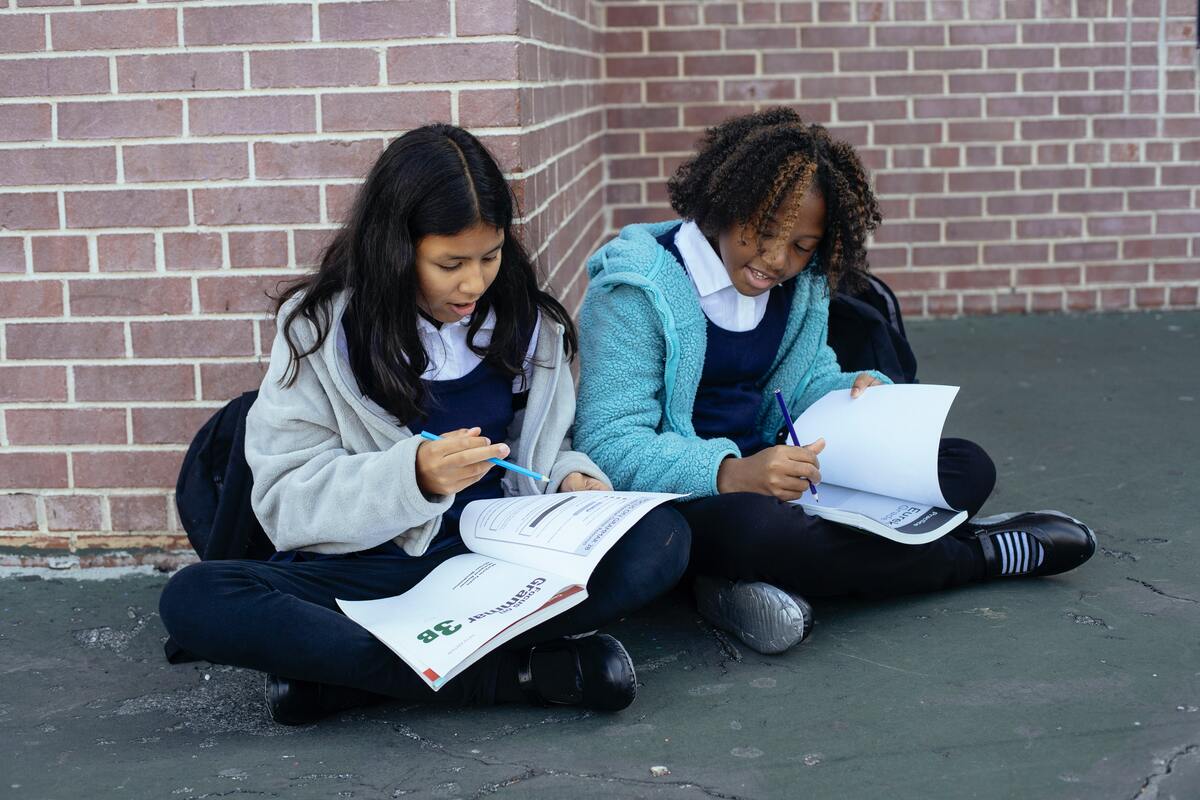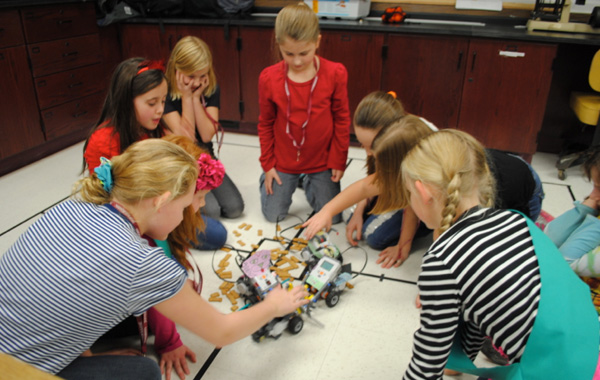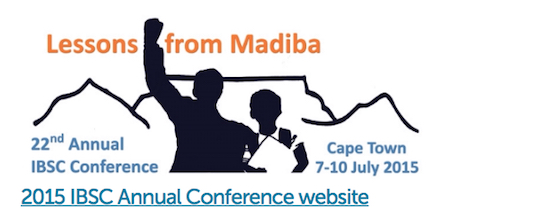
All-girls schools... What are they really like today?
This article was published in Great British Life on 27th February 2023.
Until the 1960s the majority of children went to single sex schools, today about 6 per cent do. Headteachers from some of the UK's best all girls schools (and members of the Girls’ Schools Association*) answer your questions on single sex education in the 21st century...
What are the real challenges posed by social media to girls in 2023 and how do girls-only schools manage this?
Mrs Carole Cameron, headteacher at Queen Mary's Private School in North Yorkshire says:
In the words of a Year 10 girl, “Influencers on social media give us false expectations of our life.” Body image, internet challenges, offensive content, cyberbullying, misogyny, competition for who lives the best life and sugar babies advertisements were mentioned in a few moments of casual conversation. These are some of the real challenges posed by social media to girls in 2023.
How do girls-only schools manage this?
Education, education, education is the simple answer. At Queen Mary’s a robust PSHE programme is an important start outlining legal parameters as well as the physical and mental health significance of being responsible social media users. Acceptable Use Policies, signed by pupils, staff and parents, are ubiquitous and set out clear school standards. Fully trained in safeguarding, IT and anti-bullying strategies, staff have a vital part to play. Engaging with parents helps to ensure that social media use at home is controlled especially in the impressionable teenage years.
The DfE statutory guidance ‘Keeping Children Safe in Education’ outlines how schools should have appropriate filters and monitoring systems in place and it is to be hoped that the long-awaiting Online Safety Bill will require stronger age verification measures for platforms including TikTok, Instagram and Snapchat.
Girls’ schools have well developed plans in place for the management of mobile phones and at Queen Mary’s they are banned for the majority of the school day with a range of measures being taken to enforce the policy. Encouraging good behaviour, responding effectively to incidents of technology misuse both in and out of the classroom, and supporting staff in tackling online issues are essential.
Pupils should also have the opportunity to discuss their concerns discreetly. The quality of relationships within the school is critical in building high levels of trust. Being able to talk and ask questions reduces anxiety and may prevent misuse.
Despite the many benefits of technology, the risk of distraction, disruption, bullying and abuse associated with mobile phones is a challenge faced by all schools. However, girls-only schools have a distinct advantage in that addressing issues of online prejudice and discrimination and challenging stereotypes can be tackled in a safe and supportive setting without male peer group pressure. Andrew Tate’s misogynistic attitude to women would not stand a chance in the girls’ schools I know!
What does a successful single sex girls’ education look like and how does it prepare girls for their futures?
Sue Baillie, Head at Queen Margaret’s School for Girls, York, says:
Schools such as Queen Margaret’s are modern, diverse, and dynamic environments focused on supporting and teaching girls and young women. A successful single sex girls’ education is not one that limits the ambition, aspiration, or indeed, the achievement of girls in any aspect of their lives, rather it opens their eyes to the limitless possibilities and opportunities that are available to them regardless of their gender.
When you walk through the door of a strong and successful girls’ school, what you will feel is a sense of empowerment, self-confidence, friendship, kindness, integrity and determination, because the girls want to achieve in the very best way possible and they want to do that in all walks of their lives. It is true to say that girls in girls’ schools can learn both inside and outside of the classroom without limits. They don’t look over their shoulders or feel constrained by the judgement of boys.
We know more than ever about the way children and young people learn and the physiology of the adolescent brain. This understanding and years of successful single sex education is compelling evidence that girls learn better when they are taught in a way which suits their emerging intellect. Educating young people for the adult world doesn’t mean attempting to replicate the adult world in school, it is about providing an environment for each individual to discover and make the most of their individual talents. It is this strength which equips them for life and prepares young women to confidently take their fair and equal place beside men.
When my young women finish their time at Queen Margaret’s they are confident, compassionate and ambitious individuals eager to start their next chapter. I consider that a job well done.
How important is it to mark International Women’s Day in your single sex girls’ school?
Miss Amy Wallace, Principal at Queen's Gate in South Kensington, London, says:
At Queen’s Gate it sometimes feels like every day is International Women’s Day. This week alone we’ve had a Year 10 Form deliver an assembly on inspiring women from around the world, and a Year 11 pupil has asked for an opportunity to speak to the school about the situation in Iran. You only need to take a quick glance over recent news to see why our girls are interested in women’s rights, and why IWD remains not just relevant, but vital: girls barred from education in Afghanistan; influencers amassing enormous followings while spewing misogynistic bile; significant restrictions on women’s access to safe, legal abortions. Set against this troubling landscape, IWD provides a moment for us to celebrate all that has already been achieved for women’s rights, and to raise awareness of the work still to be done. As a girls’ school, it’s crucial that our pupils understand the world into which they are growing up, and the challenges faced by women, both near and far, in the past, present and future. It's important that we bolster them for what may lie ahead and lessen the risk that they might have their aspirations cowed or worse, safety impaired. What’s more, it’s our hope that, from each IWD, our girls will draw inspiration and confidence, and go forward empowered to become the changemakers our societies so badly need. My Junior School pupils reckon a world run by Queen’s Gate girls would be a pretty good place. I agree.
How do you ensure that pupils at single-sex schools build positive friendships with members of the other sex? Is this seen as important in the role of the school?
Rebecca Dougall, headmistress of St Helen and St Katharine, in Abingdon, says:
As the Head of a day school, I know that our students have busy lives beyond school hours which see them involved in clubs and friendships with boys. The majority of our students join us from mixed primary and prep schools so there are existing friendships which continue.
What we then see is the liberation that comes for girls being in a space which can entirely prioritise their developmental needs.
Of course, working with boys is part of this process and we work very closely with Abingdon Boys School in many ways – from our joint bus network, through to extracurricular clubs and international trips. In Sixth Form we offer a number of jointly taught A levels, and throughout the senior school there is a range of joint subject societies and social events. We enjoy shared senior drama productions and concerts, and we also explore the serious topics of inclusivity and equality together, with senior students working collaboratively to address issues that arise both locally and nationally.
We’re also part of the local OX14 Learning Partnership which sees students from 6 schools (3 single-sex, independent and 3 co-ed, state) working together in areas such as mental health and academic mentoring.
All these opportunities enrich the developmental journeys that our students are on and build positive friendships across genders and backgrounds. This is crucial to what we offer and what we believe in at St Helen and St Katharine.
First and foremost, we celebrate our expertise in inspiring young women to be the best version of themselves they can be. Girls’ schools are uniquely placed to provide an education that is tailored to the very particular needs of young women. Positive relations are a key part of this, and we are fortunate to be able to work with partner schools and give our students the best of everything.
Why is it that girls' schools academic results compare better to those of co-education schools and what value is placed on the development of ‘soft’ skill sets?
Simone Niblock, principal of Durham High School says:
Durham High School was one of the first schools in the North East of England to take girls' education seriously and we are proud to continue that tradition today. We seek to develop the potential of every girl in all areas of life and encourage them to be the best version of themselves in a safe and stimulating environment.
Excellent relationships are at the centre of all we do at Durham High School. There is a caring, familial atmosphere where all the pupils are known well to each other, and their teachers surpass expectations to ensure that girls are equipped for success. Girls and boys learn differently, and as experts in the teaching of girls, we are able to cater for these differences and bring out the best in our pupils.
Their journey begins in Pre-Prep, where our holistic approach ensures that pupils receive an exemplary foundation to their educational career. This academic rigour is present throughout the school and into Sixth Form, where girls leave us as well-rounded, independent and confident young women, ready to face the challenges of the wider world.
Examination results are also not the be-all and end-all. We put a huge emphasis on the whole individual and take seriously our role in encouraging pupils to develop leadership skills, resilience and confidence. These soft skills, which are developed through an extensive extra-curricular programme and a strong social awareness, work to complement academic success.
*The Girls’ Schools Association (GSA) is a membership organisation made up of Heads from a diverse range of independent and state girls’ schools, including many of the top performing schools in the UK. Together they educate over 80,000 students. An expert in girls’ education, GSA aims to champion young women and their teachers so that they have the best chances to excel in the lives they choose to lead, regularly commissioning research to demonstrate the modern relevance and enduring power of a girls-only education.



